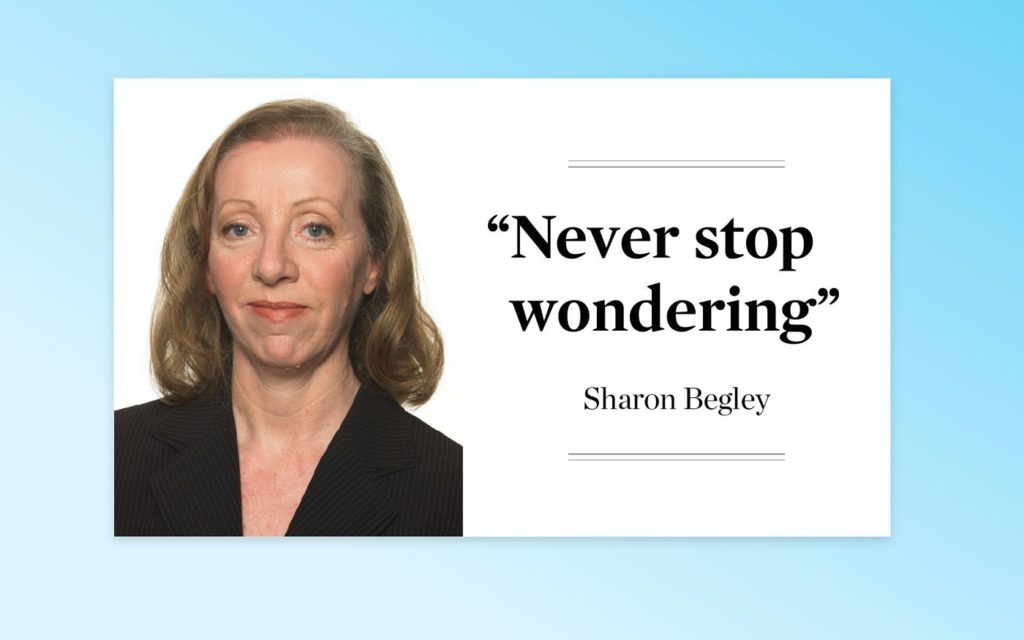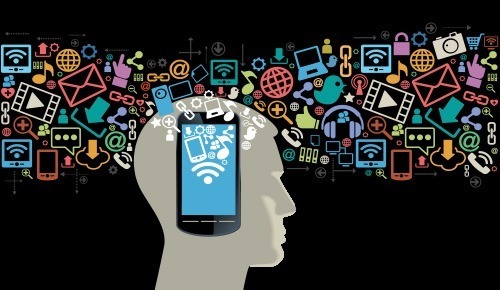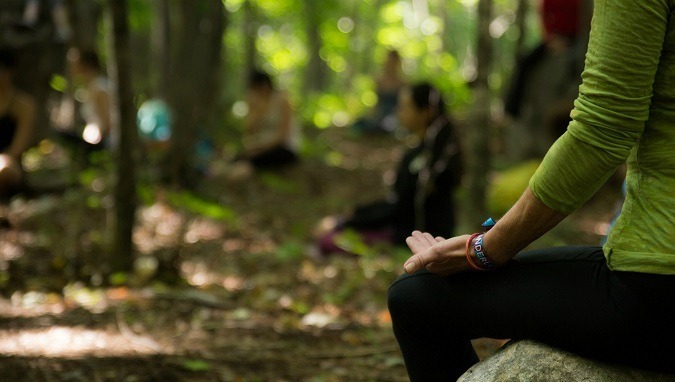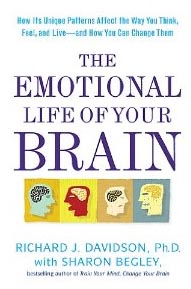Posts Tagged ‘relationships’
“Never stop wondering” — Sharon Begley, science journalist, RIP
We are deeply saddened to hear that Sharon Begley, one of the most exemplary science journalist of our times, died on Saturday, January 16th. She was always full of curiosity, high standards and excellent writing about all things science, with a longstanding interest in brain and mind research. May she rest in peace, and may her…
Read MoreFour ways hiking promotes cognitive and emotional health
__ I’m a hiker—“born to hike,” as my husband likes to joke. It does my heart and soul good to strap on a pack and head out on a trail, especially when I’m alone and can let my mind wander where it will. The experience of hiking is unique, research suggests, conveying benefits beyond
Read More3 ways to manage smartphone use and improve quality of life
_____ As psychologist Chris Willard often says, our phones can be our greatest enemy or greatest friend. While they can save us time and energy, educate and entertain us, and keep us safe in emergencies, they can also distract us from the things we need in life to stay happy and healthy.
Read MoreThe State of Mindfulness Science: 10 Key Research Findings to Encourage and Guide your Meditation Practice in 2018
___ During the past two decades, more and more scientists have studied mindfulness—a Buddhist-inspired collection of practices aimed at helping us to cultivate moment-to-moment awareness of ourselves and our environment. Their early findings triggered an enormous amount of enthusiasm for meditation. Sometimes, however, journalists and even scientists (who should know better) have overstated the physical…
Read MoreThe Emotional Life of Your Brain: One Brain Does Not Fit All
When it comes to how people respond to what life throws at them, and how they can develop and nurture their capacity to feel joy, to form loving relationships, to withstand setbacks, and in general to lead a meaningful life, the prescription must be just as personalized.
Read More




